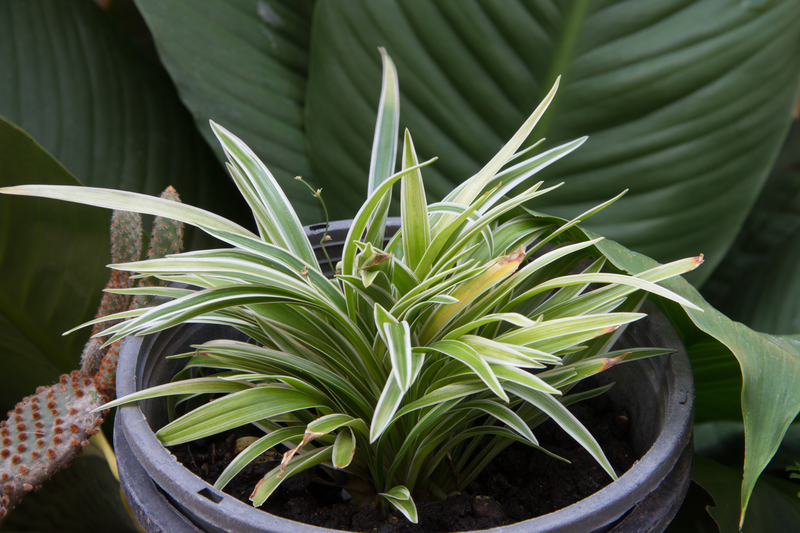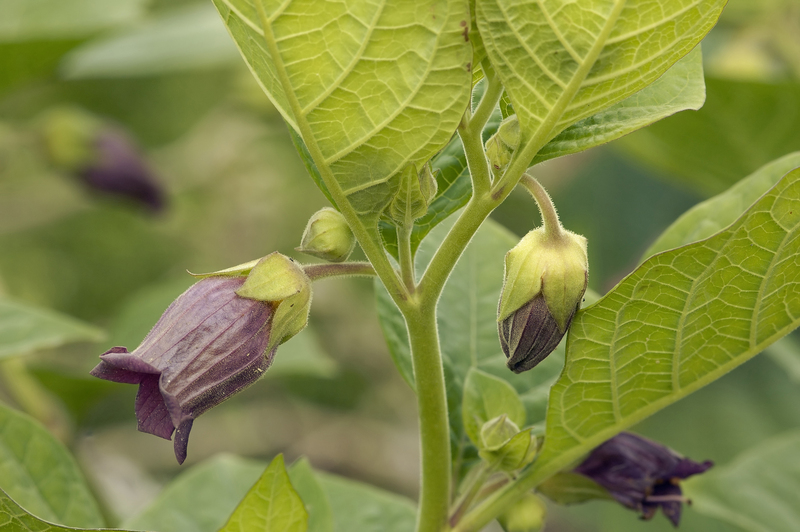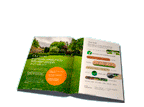Transforming Food Waste into Compost at Home
Posted on 23/12/2024
In today's increasingly eco-conscious world, reducing waste and promoting sustainability have become paramount. One of the most effective ways to contribute to these goals is by transforming food waste into compost at home. By converting organic waste into nutrient-rich soil, you can not only reduce your carbon footprint but also enhance the health of your garden. This comprehensive guide will walk you through the process, provide essential tips, and weigh the pros and cons of home composting.
What is Composting?
Composting is a natural decomposition process where organic materials, such as food scraps and yard waste, are broken down by microorganisms, fungi, and insects. The result is a dark, crumbly substance known as humus, which enriches the soil with essential nutrients. By composting at home, you help close the loop in the food system, turning waste into valuable resources for gardening and agriculture.

Why Should You Compost at Home?
There are numerous benefits to composting food waste at home:
- Reduces landfill waste: Organic waste decomposing in landfills produces methane, a potent greenhouse gas. Composting diverts this waste, minimizing environmental impact.
- Enhances soil health: Compost is rich in nutrients like nitrogen, phosphorus, and potassium, which are vital for plant growth.
- Reduces the need for chemical fertilizers: By using compost, you can naturally fertilize your garden without relying on synthetic chemicals.
- Saves money: Composting reduces the amount of waste you produce, lowering trash collection costs and providing free fertilizer for your garden.
Getting Started with Composting
Starting a compost pile or bin at home is a straightforward process. Here are the steps to get you started:
1. Choose a Composting Method
There are several methods for composting food waste at home, including:
- Outdoor Compost Bin: Ideal for larger gardens, an outdoor bin provides ample space for composting large amounts of organic waste.
- Worm Composting (Vermicomposting): Perfect for apartment dwellers or those with limited space, vermicomposting uses worms to break down food waste efficiently.
- Tumbler Composter: These enclosed systems are convenient and require minimal effort to aerate the compost, making them great for beginners.
2. Gather Compostable Materials
Not all food waste is suitable for composting. Here's a list of items you can and cannot compost:
Compostable Items:
- Fruit and vegetable scraps
- Eggshells
- Coffee grounds and filters
- Tea bags
- Grass clippings
- Dead leaves
- Small branches and twigs
Non-Compostable Items:
- Meat and dairy products
- Fats and oils
- Pet waste
- Diseased plants
- Plastic and metal
- Glossy paper
3. Build Your Compost Pile
To ensure effective composting, create a balanced mix of greens (nitrogen-rich materials) and browns (carbon-rich materials). Aim for a ratio of approximately 2:1 greens to browns. Start by placing a layer of browns at the bottom, followed by greens, and continue layering. Make sure to chop larger items into smaller pieces to accelerate decomposition.
4. Maintain Your Compost Pile
Regularly aerate your compost pile to supply oxygen, which is crucial for the composting process. Turn the pile once every week or two with a pitchfork or compost aerator. Keep the pile moist, but not too wet--think of a damp sponge as a reference.
Pros and Cons of Home Composting
Pros:
- Reduces waste and environmental impact
- Improves soil health and fertility
- Cost-effective
- Reduces the need for chemical fertilizers
Cons:
- Requires time and effort to maintain
- Potential for unpleasant odors if not managed properly
- May attract pests if food waste is not handled correctly
Tips for Successful Home Composting
- Chop larger pieces of food waste to speed up decomposition.
- Avoid compacting the pile as it needs air to decompose efficiently.
- Don't let the compost pile dry out; keep it moist but not soaking wet.
- Store compostable materials in a covered container before adding them to the compost pile to avoid attracting pests indoors.

Takeaways
Composting at home is an effective way to reduce waste, enrich your soil, and contribute to a healthier planet. By following simple steps and maintaining a balanced compost pile, you can transform food waste into valuable compost for your garden.
Conclusion
Transforming food waste into compost at home is a rewarding and sustainable practice that benefits both you and the environment. Though it requires some effort and attention, the advantages far outweigh the drawbacks. Start composting today to enrich your garden, reduce waste, and make a positive impact on the planet.
Latest Posts
Easy Ways to Freshen Up Your Patio and Paving for Summer
Unique Autumn Garden Inspiration: Planting with the Season in Mind
Quick and Effective Ways to Sharpen Your Garden Shears at Home
Easy Ways to Keep Your Artificial Turf Looking Brand New
Elevate Tranquility With These Zen Garden Planting Inspirations






 Certified and experienced landscapers
Certified and experienced landscapers



 Get a Quote
Get a Quote